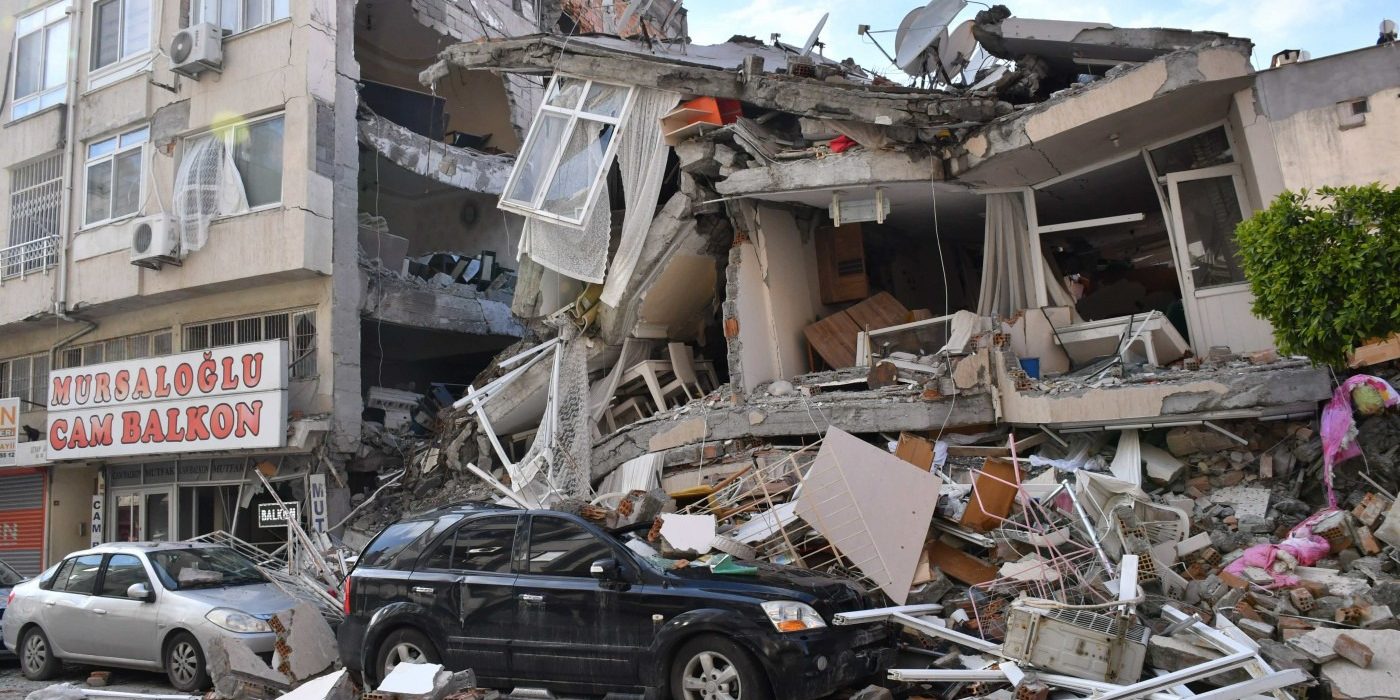The devastating impact of the Turkish and Syrian earthquake on local tourism
The most violent earthquake to hit the Turkish and Syrian regions in 80 years has resulted in the the loss of cultural landmarks, tourism and, most significantly, lives.
Monuments with 2000 years of history were devastated in a two-earthquake bombardment. The devastation was to such a degree that many historic cities no longer bore a resemblance to what they once were. Alongside a death rate exceeding 50,000, the people of Syria and Turkey will feel the loss of cultural and historic landmarks. After such destruction, both nations are in desperate need of aid.
In the aftermath of the earthquake, Turkish Airlines, Pegasus and AnadoluJet have all provided evacuation flights and discounted flights out of the regions affected. The Foreign Office also reports that a few hotels are planning to help house the thousands affected by the earthquakes. However, millions are currently displaced altogether in both nations. In addition, in a letter to Turkey’s Minister of Culture and Tourism, leaders in the travel industry, such as the World Travel and Tourism Council (WTTC), have echoed the need for the tourist industry to “pull together and support each other.” The WTTC has also pledged to participate in a “rebuild in the future” for many of the buildings that suffered in the aftermath.
Monuments with 2000 years of history were devastated in a two-earthquake bombardment
In Turkey, there was the tragic sight of the magnificent 2000-year-old castle of Gaziantep in ruins. The castle was built during the Roman occupation and further renovated under the Byzantine empire. The castle was once surrounded by lush greenery around the base of the erected cobble-bricked structure, while the city was recognised for its grand architecture and pistachio sculptures dotted around the city. Now 2000 years of stunning history has been reduced to rock and rubble in an instant. Very little of it now remains, with a few ruined stone walls and a base of unearthed green replaced by mud and sleet. This castle will no longer remain the site of the Gaziantep Defence and Heroism Panoramic Museum which will be a significant loss to the local tourist industry with it being listed as one of the top tourist sites in Gaziantep.
UNESCO cited the city as one of 47 cities part of their ‘Creative Cities Network’ in the field of Gastronomy. As a tourism hotspot for its local and innovative unique cuisine seeing, tourists came from far and wide to visit the region. However, we can expect a significant loss in tourism after the earthquake. Safety and suitability are what travellers look for. When that is not a guarantee in a nation, then, unfortunately, they will not be popular destinations.
The loss of Islamic cultural monuments will be felt dearly in Turkey
As well as the castle, the culturally significant religious monuments, the Sirvani Mosque and the Cathedral of Annunciation, did not make it through the immense earthquake unscathed. The loss of Islamic cultural monuments will be felt dearly in Turkey, which is a majority Muslim nation.
In Syria, the ancient city of Aleppo and its marvellous Citadel, a UNESCO World Heritage structure, had been ravished by the disaster. All that remained of the Citadel was a singular pillar that stood high over the crumbling walls of the third-millennium building that had withstood up until this point. The Citadel is one of the oldest castles in the world, while the Ayyubid mosque also sustained significant damage.
Our thoughts and prayers are with all the people affected by the devastation.
All of this culminates in a saddening loss of cultural history. We can only hope that what remains will be restored soon. Our thoughts and prayers are with all the people affected by the devastation.

Comments (1)
thank you for the article